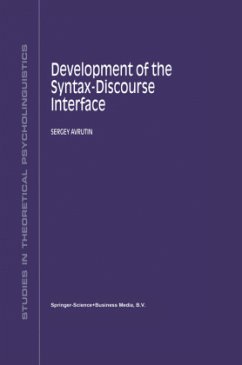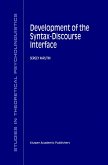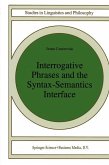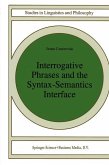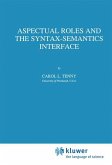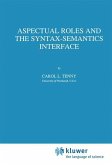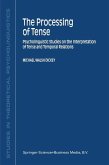In this book, I address several issues of child linguistic development from the perspective of the syntax -discourse interface. Traditionally, language acquisition research has focused on the development of one of the linguistic modules, e.g. acquisition of syntax, morphology or phonology. While this approach can be viewed as fruitful in some cases, there is a number of linguistic phenomena whose explanation depends on the interaction of different modules and, therefore, different domains of linguistic knowledge. A typical example is pronominal anaphora: It can be shown that to correctly use pronominal elements, normal adult speakers must possess both syntactic and pragmatic knowledge, and that these kinds of knowledge must interact with each other. With regard to the language acquisition process, such phenomena suggest a somewhat different approach to the language acquisition research. Indeed, if some experimental studies show that children make errors in the construction under investigation, it will be necessary to consider these results from the point of view of the interaction of the different domains of linguistic knowledge involved in their interpretation. In other words, if this particular construction requires the integration of, for example, syntactic and discourse-based knowledge, children's errors may, in principle, be due to their lack of the former, the latter, or both kinds of knowledge, and cannot be taken as direct evidence for the "underdeveloped" status of just one of them.
Hinweis: Dieser Artikel kann nur an eine deutsche Lieferadresse ausgeliefert werden.
Hinweis: Dieser Artikel kann nur an eine deutsche Lieferadresse ausgeliefert werden.

